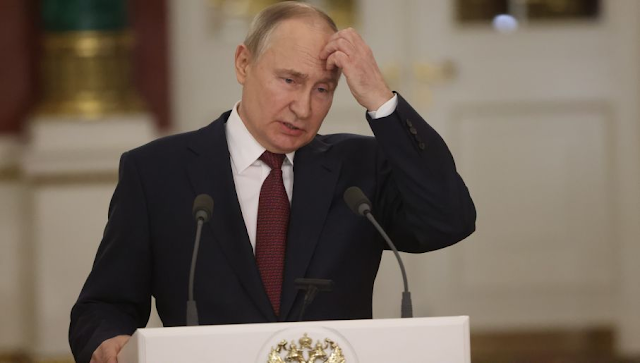Five regions want to break away from Russia, referendum shows
Russian dictator Vladimir Putin’s delusional dreams of resurrecting the Soviet Union could actually be going quite the opposite direction with the majority of inhabitants of the Federation’s five regions supporting the idea of breaking away and proclaiming independence, as shown by a referendum cited by TVP.INFO news website.
The regions demonstrating secessionist tendencies are Ingria, Ural, Syberia, Kuban, and the Kaliningrad oblasts. The data proving such tendencies were collected via the “National Online Referendum on the Self-Governance of the Russian Federation’s Republics” carried out between February 16 and 28. It was organised by activists living in the concerned territories.
According to the survey, 72.1 percent of respondees in the Kaliningrad oblast want to break away from the Russian Federation. In Ingria, 66.2 percent of respondees wanted their oblast to gain independence. In Ural, the percentage amounted to 68.2 percent, in Syberia to 63.9 percent, and in the Kuban oblast to 55.7 percent.
As many as 5.6 mln people participated in the survey, according to its organizers quoted by TVP.INFO.
Reportedly, more than 10,000 people contacted the referendum organizational committee declaring their readiness to collaborate.
“Ural and Ingria residents are the most active. Most of them hold higher education degrees, which shows that the elites understand perfectly well the direction in which things are heading under Putin. They do not want to ‘feed’ Moscow and die for it,” reads the referendum organizer’s statement.
“They are afraid of what our will can bring about. A successful referendum is just the first step on the path to the self-governance of the republics. Ingria, the Kaliningrad oblast, Kuban, Syberia, and Ural will be free,” the statement read as reported by TVP.INFO.
The referendum had to be carried out online because of the pervasive surveillance by Russian security forces. Its site was banned by Roskomnadzor, Russia’s federal executive agency responsible for monitoring, controlling, and censoring Russian mass media. Still, the website could be accessed from Russian territory through VPN services as well as in the European Union.
Members of the initiative groups that organized the referendum previewed the vote at the “Post-Russia Forum” at the premises of the European Parliament in Brussels on the evening of January 30, Glavkom, a Ukrainian news website wrote.

